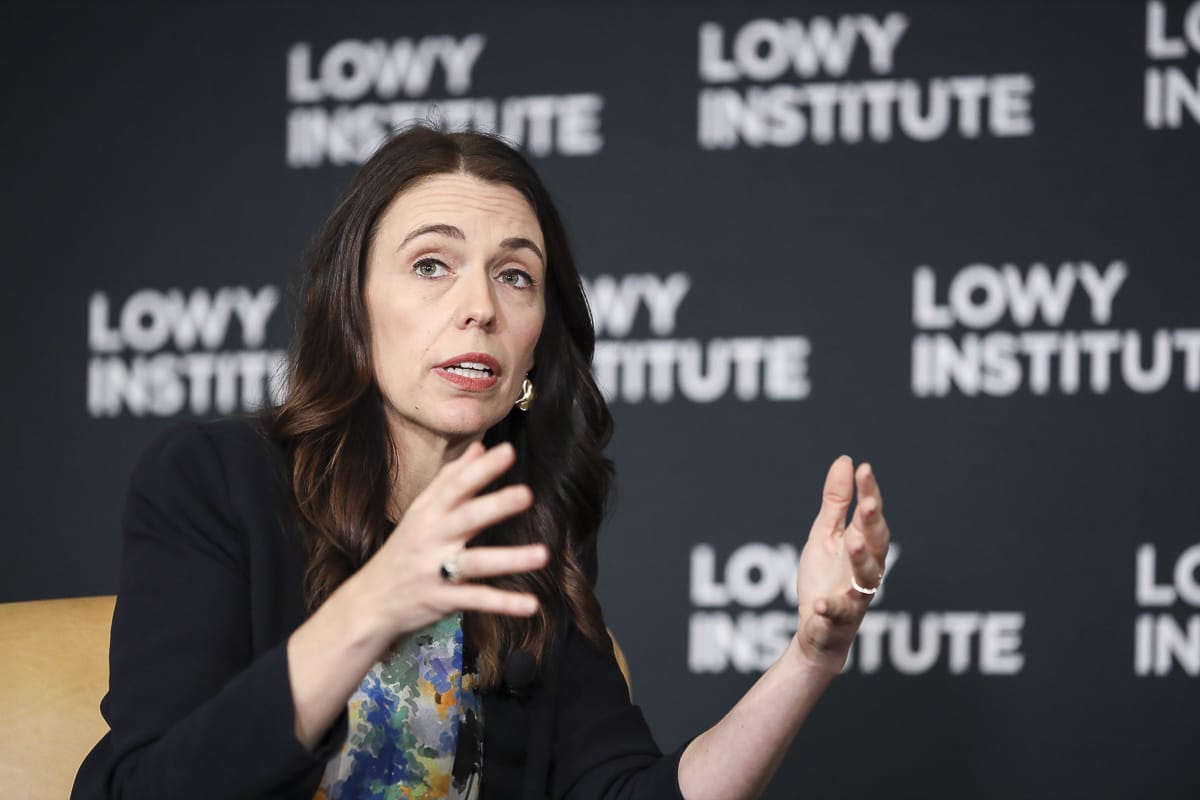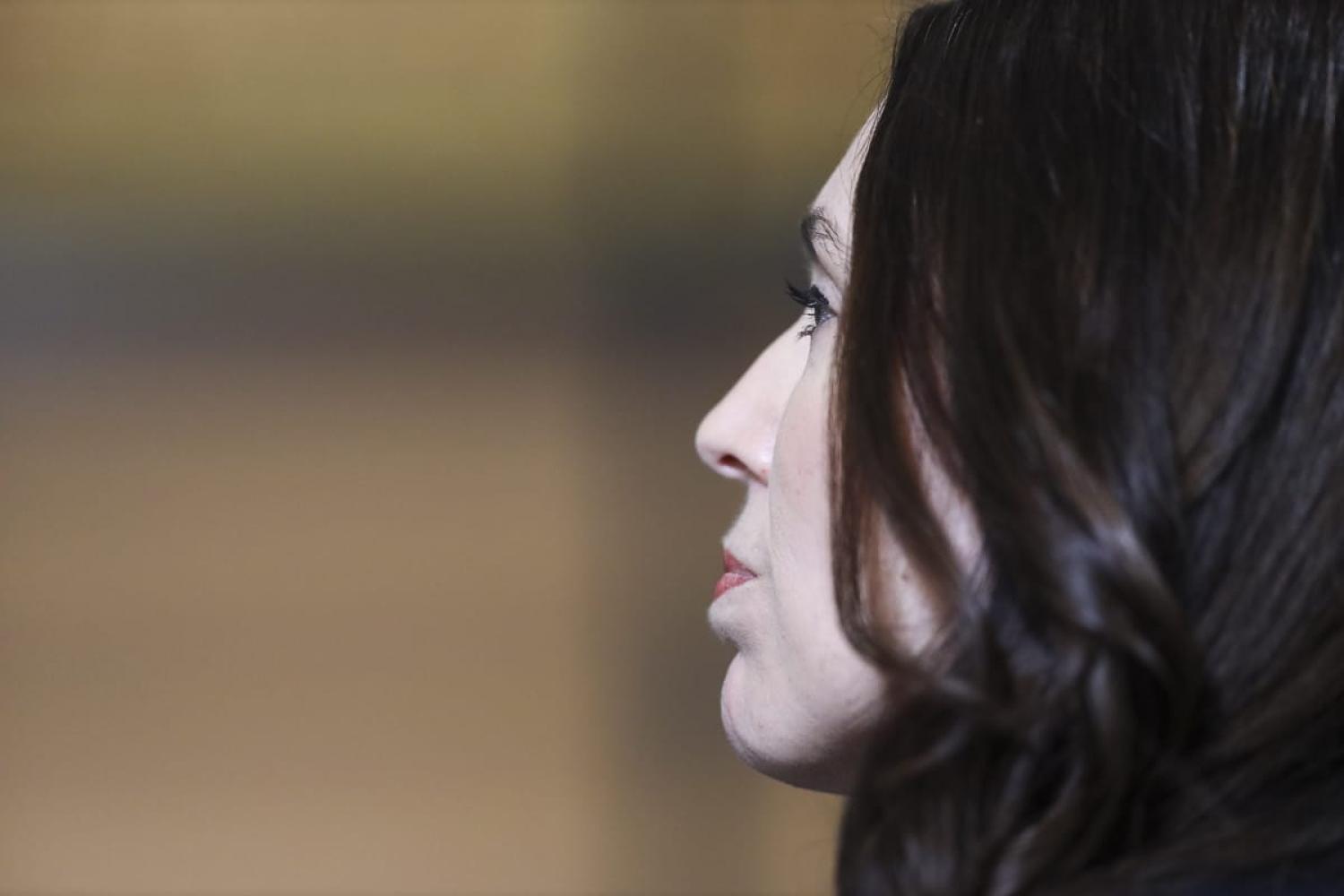The rumour mills in Wellington had been running for some time about Jacinda Ardern’s future in politics. But only the bravest of souls would claim to have picked today for her Prime Ministerial resignation.
New Zealand’s youngest leader in more than 150 years leaves the top job as she arrived: rather rapidly. A late substitution for her unpopular colleague Andrew Little in the lead-up to the 2017 election, Ardern ensured that Labour came a respectable second to National. And when the ever-mercurial Winston Peters picked Labour as his preferred coalition partner, Ardern was suddenly Prime Minister. In the 2020 election, she then led Labour to a victory unheard of in contemporary New Zealand politics: a clear majority in parliament, which did not require a coalition to govern.
As Prime Minister, Ardern shaped her rapidly growing international reputation around considered responses to shocks that nobody saw coming. The first was the devastating attack on Christchurch mosques that constituted the first mass casualty terrorist incident in New Zealand. Ardern’s empathy shone out internationally at a time when Donald Trump was grandstanding on intolerance and prejudice. And in the Christchurch Call, a project in which Ardern took a personal interest, New Zealand has fronted an international coalition seeking to limit some of the most dangerous social media encouragements to extremist violence.
The second shock was the pandemic, which affected every part of the globe. By dint of its physical place in the world, New Zealand had more time than some other jurisdictions to craft a response as the first wave of Covid-19 spread internationally. But Ardern led her cabinet to establish a series of restrictions on travel into New Zealand and – with very strong buy-in from most Kiwis – some very early and drastic domestic lockdowns. The public health outcome, before vaccines were widely available, was one of the lowest morbidity levels in the world when the more lethal variant of the virus was doing the rounds. Once again, the international plaudits, shown by Lowy’s 2021 Covid Performance Index, rained on New Zealand’s leader.

Yet like so many governments, Ardern’s chose to pump-prime the economy with lashings of additional spending to stave off a pandemic-era recession. That policy choice would help stimulate the return to high inflation levels and mortgage pain that many younger New Zealanders have never experienced. These economic problems have put Christopher Luxon in the box seat to lead National to victory in October.
But New Zealand’s price pressures have been exacerbated by the consequences of Russia’s February 2022 invasion of Ukraine with compressed supply chains and rattled energy markets. And the shockwaves from Europe’s largest war in decades have extended into New Zealand foreign policy. Ardern’s government was simply unable to resist the domestic political pressure for something much more than strong condemnation of Putin’s ghastly adventurism. A long-standing New Zealand reluctance to apply unilateral sanctions gave way with some very quickly enacted Russia-specific legislation. And while Ardern’s government initially claimed its defence force was too small to provide military assistance to Ukraine, change has occurred there as well, including with trainers despatched to work in the United Kingdom with Ukrainian forces and funding provided via NATO.
The Russia-Ukraine war has been to Ardern what 9/11 was to her Labour predecessor Helen Clark: an unexpected chance to demonstrate New Zealand’s security policy solidarity with traditional partners, including the United States and Australia.
But the Ardern era’s most significant effect on New Zealand’s foreign policy came in relations with this region’s most significant player. In her first term, with Peters (preceding Nanaia Mahuta) as Foreign Minister, Ardern presided over a distinct hardening of Wellington’s position on Beijing. There have been bumps in that road. New Zealand sometimes likes to speak with its own voice and is not there for every Western chorus line. But if you look at New Zealand’s position on what China has been doing in the South China Sea and the South Pacific, on China’s cyber activities, on the place of Huawei in the 5G ecosystem, on Beijing’s approach in Xinjiang and Hong Kong, the picture is clear.
As Ardern herself indicated last year in one of her most important foreign policy speeches, New Zealand was finding it “harder to reconcile” its interests and values with China’s behaviour.
It’s not climate change, where the Ardern government has not quite lived up to its progressive image, which secured the decision finally to upgrade New Zealand’s maritime surveillance aircraft – another first term achievement. It is what Ardern colloquially calls a “more contested” regional environment. Even New Zealand’s South Pacific priorities, which as a Labour leader Ardern has duly drawn attention to, are increasingly shaped by great power competition.
Should Ardern’s immediate successor be unable to reverse Labour’s decline in political fortunes, the same big foreign policy question will face Luxon later this year. What does New Zealand do about China? That’s going to be the question that Canberra and Washington will be interested in, too.

